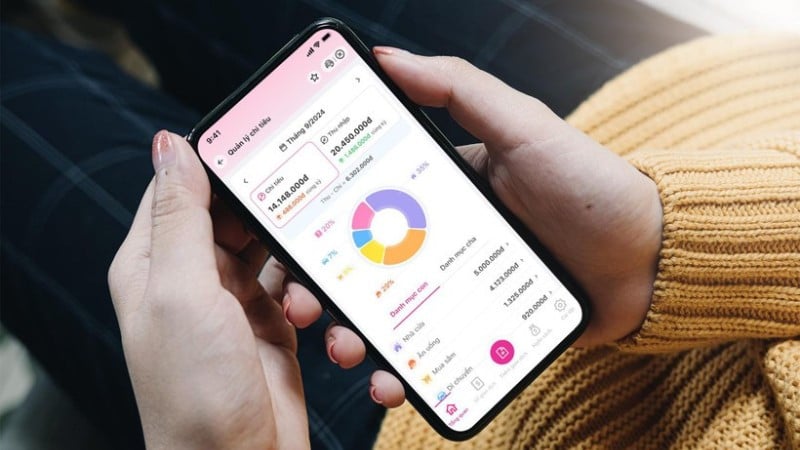
Cybercrime is booming with increasingly sophisticated forms.
In the first 9 months of 2025 compared to the same period, the number of ATM transactions decreased by 16.77%, the value decreased by 5.74%, showing that the habit of using cash is giving way to digital payment methods.
However, the rapid development of digital payment systems is also a favorable environment for cybercrime.
As online fraud attacks, personal data theft and transaction fraud become more and more sophisticated, cybercriminals are becoming more sophisticated, from taking control of devices (ATO) to using Deepfake technology to fake images and voices to manipulate victims' psychology, or even many cases of visa card hacking.
Ms. HD ( Hanoi ) could not hide her shock when she woke up to discover more than 10 transaction notifications from her visa card during the night. She did not make any of these transactions. The total amount of money that was hacked from her visa card was up to 48 million VND. "More than 10 transactions were all payment notifications from a service app transacted abroad, while I have not spent any money using my personal visa card on any recent applications," Ms. D emphasized.
Not only Ms. D., Mr. NHL ( Quang Ninh ) also said that while sleeping, he saw the bank's notification continuously coming in, a series of transactions were deducted via visa card even though he had not used this card in the past month. He hurriedly notified to lock the card but he was still very worried about whether the money stolen by hackers via visa card would be refunded or not when the bank announced that the verification process would take 45-60 days to get results.
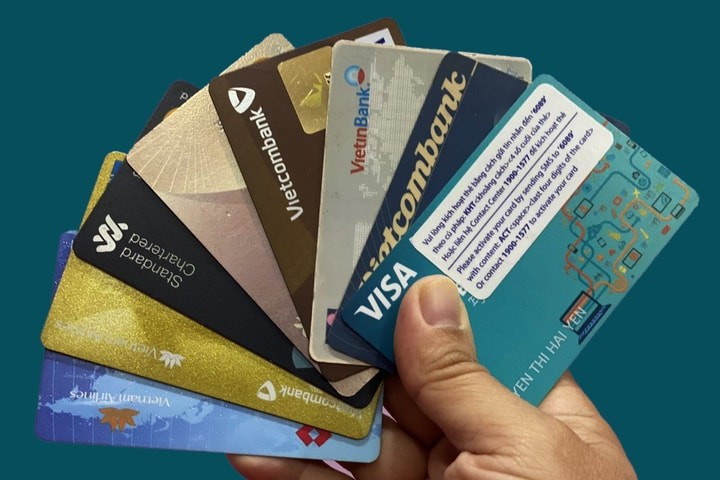
As commerce moves online, so do fraud patterns, leading to an increase in card theft. The two main concerns with digital payments are communication security and information security. The damage caused by cybercrime is alarming.
According to the 2024 cybersecurity survey and research report conducted by the Technology Department, National Cyber Security Association in December 2024: 1 in 220 smartphone users is a victim of fraud, with estimated losses in 2024 reaching VND 18,900 billion. The most common form of fraud is investment solicitation, and personal data leakage remains at an alarming rate. This huge number not only directly affects personal finances but also risks undermining social trust in digital financial services. This raises the issue of security to promote digital payments, develop the socio -economy while ensuring the rights and safety of consumers.
According to the State Bank, in the first quarter alone, Vietnamese people made 5.5 billion cashless transactions. Cashless payments are currently used for most daily needs: 83% for consumer purchases; 72% for food and drink, travel; 66% for living expenses (electricity, water, etc.); 51% for entertainment, sports, travel; 48% for education, health care, and insurance.
In particular, the group aged 35 and over has the highest rate of choosing cashless payments, reaching 76%, for living expenses.
There is a need for strict international security standards to be applied.
The burden of security cannot be placed solely on consumers. It requires a strong correction from service providers. The fact that personal data is still being sold and leaked in a complex way shows the need for strict international security standards, forcing stakeholders to invest commensurate with the growth of transactions.
Sharing with Nhan Dan Newspaper reporters, Ms. Dang Tuyet Dung - Director of Visa in Vietnam and Laos commented: International payment organizations and banks in Vietnam need to deploy advanced security technology solutions as a mandatory requirement to maintain trust with customers. Commitment to payment security must be the highest strategy that must be applied synchronously to deal with the sophistication of criminals.
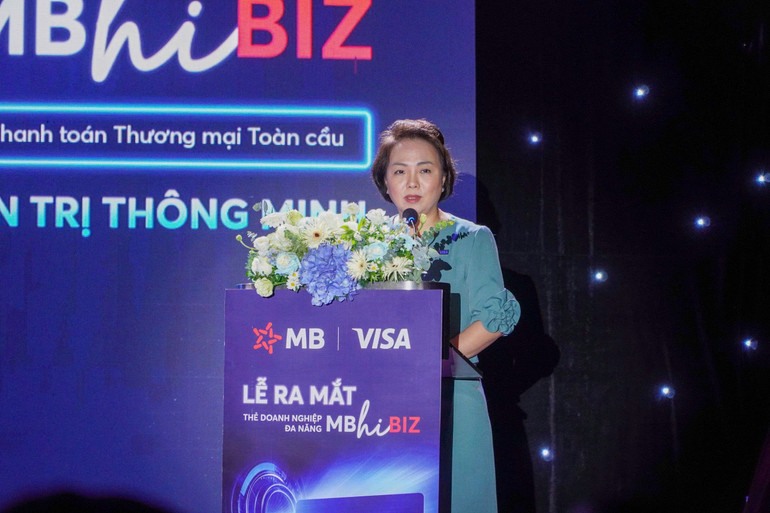
“One of the key platforms being deployed is Tokenization Technology. This technology is crucial in protecting the original data. Instead of transmitting traditional 16-digit card information through payment flows, the real card numbers must be retained in the bank's system,” Ms. Dung particularly emphasized.
Only one token assigned to each transaction is transmitted, eliminating the risk of card information being leaked during transactions, which is especially important in the e-commerce sector.
Continuing to use traditional SMS OTP has shown some limitations in terms of security and experience. Therefore, switching to a risk scoring model is an inevitable step, as this technology is considered many times safer than OTP.
In the world, many markets have officially eliminated SMS OTP to switch to applying more advanced forms of risk management. Applying Click to Pay technology is considered a solution to harmonize convenience and safety. This technology allows users to pay at online platforms with just one click without having to re-enter the card number, minimizing the risk of entering data on unsafe devices. The key to improving system security is a strong shift from outdated authentication technology to a risk management model based on data and artificial intelligence (AI).
In particular, incorporating Generative AI into payment risk and fraud management models is a necessary move to address the evolving nature of cybercrime. This is a dual responsibility of card issuers and payment networks to protect consumers and maintain market stability.
In addition, Ms. Dang Tuyet Dung pointed out that: Modern payment transactions can transmit more than 150 data on the payment line. This huge data source must be used effectively to create accurate risk scoring models for each transaction and promptly identify fraudulent behaviors. Vietnam has many opportunities and great potential in developing cashless payments and digital payments. Especially in the context of more than 10 million people having completed biometrics, increasing security and convenience when making online payments.
Only when financial institutions in Vietnam unanimously and resolutely apply the most advanced security standards, considering them as a strategic foundation, can they ensure the factors of "speed, convenience and safety" - the most powerful "weapons" of digital payments to serve the needs of consumers.
Source: https://nhandan.vn/tang-cuong-bao-mat-thong-tin-thanh-toan-so-bao-dam-quyen-loi-cho-nguoi-tieu-dung-post924295.html










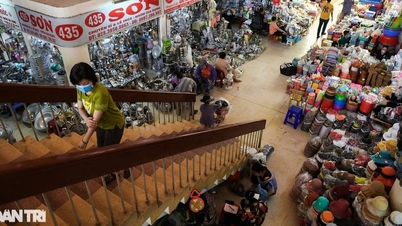

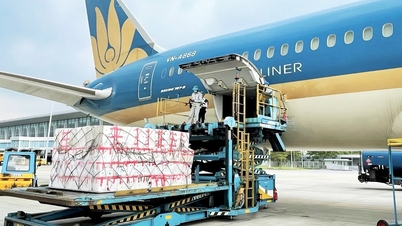

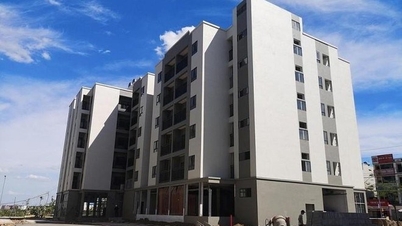











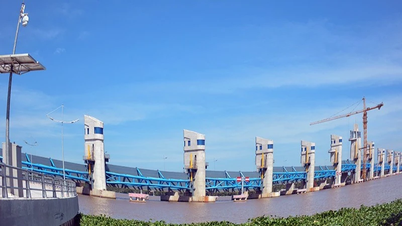
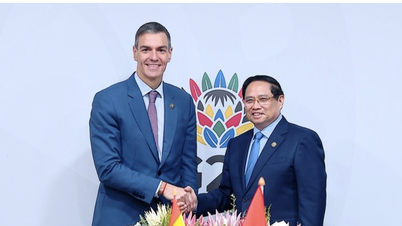








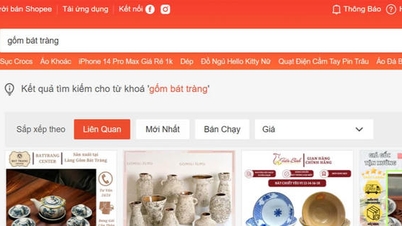





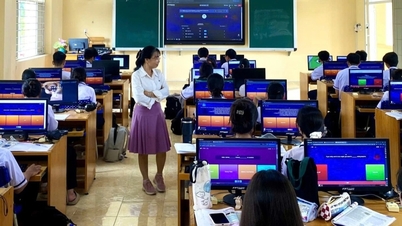
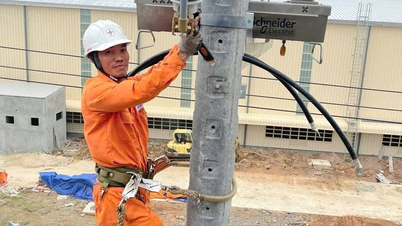

















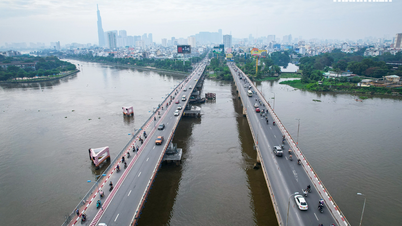

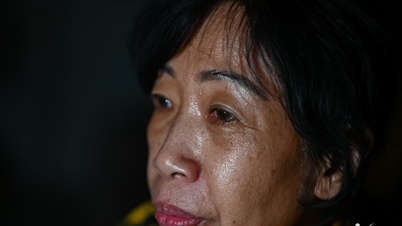















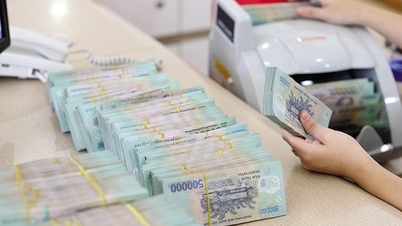

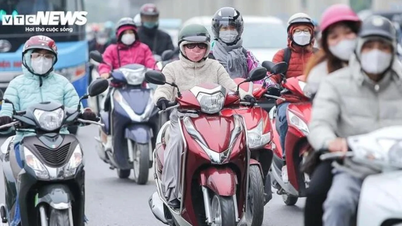

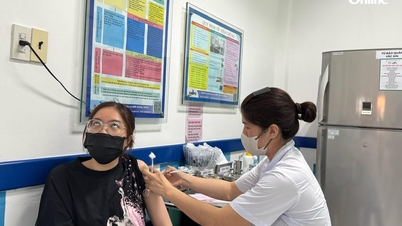














Comment (0)